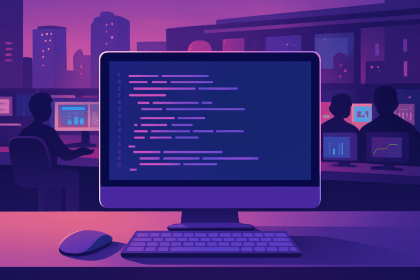
Not sure if low-code is right for your next project? This guide breaks down when to use it, when to avoid it, and how to make the right call.

Compare Firebase Studio, Lovable, and Replit for AI-powered app building. Find the best tool for your project needs.

Discover how to use Gemini CLI, Google’s new open-source AI agent that brings Gemini directly to your terminal.

This article explores several proven patterns for writing safer, cleaner, and more readable code in React and TypeScript.
2 Replies to "Why you should use package-lock.json"
Thanks for the article. Using `npm ci` even in local development sounds like good advice, but I find it really annoying, that this will cause the Node modules to be installed on every invocation of `npm ci`. I guess it’s rather common to run install/ci on container start to not have to worry about having to update or install new packages (if necessary). Makes it a lengthy process not being able to avoid these re-installations.
Thanks for the blog i learned a lot from it and some of my doubts also got cleared